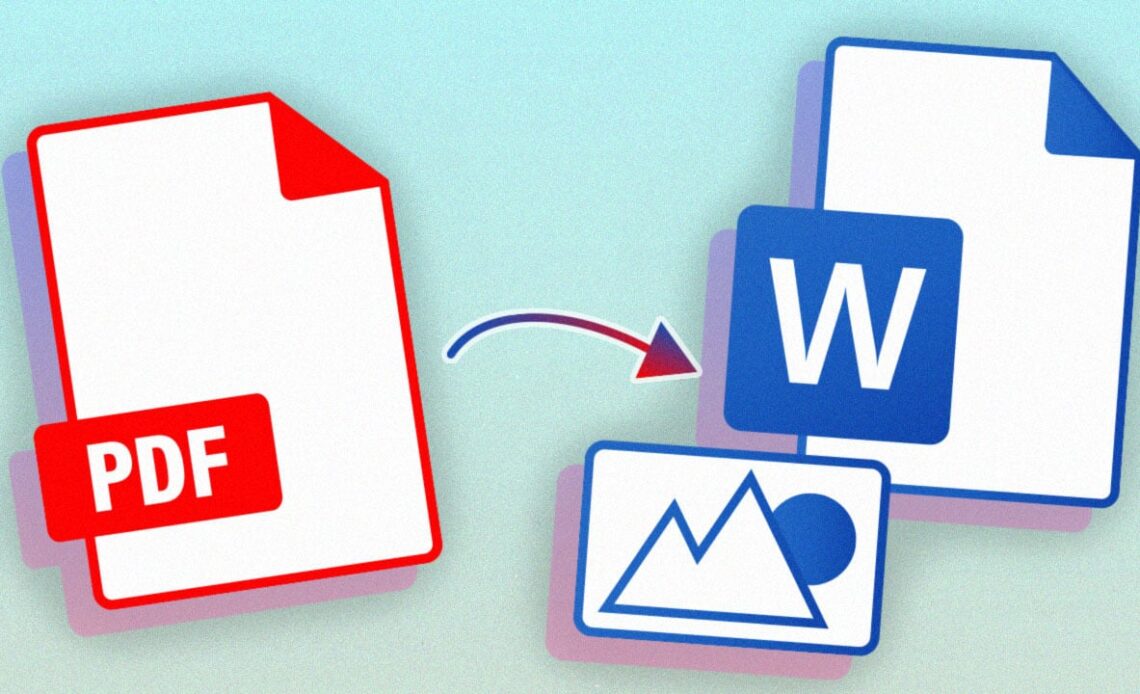
Every day, businesses handle an endless stream of information containing sensitive and personal information, including client files, payment receipts, and HR paperwork. An important business file consists of documents or data that would seriously disrupt our business operations or result in financial loss if lost or destroyed.
A company is responsible for handling the paperwork for submitting taxes, onboarding new employees, or receiving client payments. As our company grows and paper files pile up, keeping official files becomes a constant source of frustration.
Physical files take up a lot of room and are challenging to handle internally, whether made of paper or other materials. This critical corporate data is also vulnerable to theft and damage without proper storage.
Many firms have adopted digital file conversion to safeguard confidential data and improve employee access to information across departments and regions. This has enhanced customer service and increased staff productivity.
This article will outline the various advantages of transforming crucial business documents from their current format to digital formats.
- Better business continuity and security
In the event of a crisis, careful documentation management can enhance data security, reducing the likelihood of data leakage or theft. Additionally, businesses of all sizes are currently gearing up to ensure data security since the Indian government is drafting a Personal Data Protection Bill to control personal data storage, transfer, and disclosure.
We can retain data securely and in an organized manner with the correct document management system. We can use specialized document conversion services for businesses to accomplish this.
- Legal compliance
Maintaining records is a difficult task as document retention periods can vary based on the type of document. Therefore, it is preferable to use digital files to streamline the process. Businesses and organizations can comply with the law by implementing an effective, well-thought-out records management system.
Businesses are improving the quality of their record-keeping procedures and, consequently, lowering the number of instances of non-compliance due to improved control over information and documentation processes. We must prioritize better record-keeping, which can be accomplished through digital file conversion. Furthermore, having legally valid documentation allows us to avoid future conflict.
- Safeguard files against various threats
While having a master key to the storage room or multiple locks on filing cabinets may comfort business owners, environmental factors or natural disasters still put critical information at risk. After a sufficient amount of time, especially in humid, hot, and polluted conditions, the paper becomes so brittle that it breaks when folded. Additionally, paper documents face various dangers, such as irreparable tears, aside from fire, flood damage, and theft.
The longer you keep physical records such as paper files in manila envelopes folders, rolled blueprints and proposals, and historical account folders, the higher the cost of disaster, whether caused by natural catastrophes such as fire or floods or unwary visitors attempt to access your customers’ private information.
Keeping track of who has access to what records and when is difficult in an archival storage system. Additionally, it makes the physical documents vulnerable to natural calamities. According to a recent survey, employees typically access 21% of an organization’s files. As a result, HR and Records departments cannot determine who last accessed a file or even who originally put it in storage when a file is lost or contradicts another document.
In addition to preventing physical damage to your organization’s precious information and assisting you in controlling access to sensitive information, digital conversion eliminates many of the long-standing hazards connected with document preservation.
Leverage professional data conversion services that could get your conversion done efficiently & save you money.
- Superior management
As part of a hybrid model, business owners can now physically and digitally archive their records. There are many advantages to using digital solutions, including reduced logistical expenses (often related to processing paper-based documents), more room, and safe and secure document storage.
Many managers value the flexibility provided by digital storage systems in terms of managing volume while keeping only what is necessary.
- An increase in output
Superior document management techniques can help us achieve fluidity in the workflow. Furthermore, it can help to improve communication between an organization and its employees. It also makes information sharing with teams or external stakeholders more dynamic.
- Saves cost
Additional financial benefits to preserving all records electronically include cost savings due to needing less storage space. Moreover, cloud-based data storage solutions can reduce hosting and maintenance costs.
- Audit logs
Having an audit system in place is critical for protecting companies from fraud. With all data stored electronically, a company can track the complete history of each document, including who accessed it where, how, and when.
Summing Up
Finally, converting paper documents to digital files helps improve information security besides reducing our environmental impact. Thus, it’s time to switch to digital document management if you want to secure your sensitive documents while also improving record-keeping.
